Glossopharyngeal Neuralgia Prognosis
Home » Conditions » Glossopharyngeal Neuralgia
What is Glossopharyngeal Neuralgia?
Glossopharyngeal Neuralgia (GN) is a painful spasming of the oropharynx that affects the glossopharyngeal nerve. It causes sharp, stabbing pulses of pain in the back of the throat and tongue, the tonsils, and the middle ear. It brings excruciating pain which can last for a few seconds to a few minutes, and may return multiple times in a day or once every few weeks. It can be caused by compression of the glossopharyngeal nerve. In some cases, no cause is evident. Like trigeminal neuralgia, it is associated with multiple sclerosis. GN primarily affects men over the age of 50 and is treatable.
Treatment is possible with microvascular decompression (MVD surgery).
Symptoms of Glossopharyngeal Neuralgia
The pain usually occurs on one side of the face or neck, and may be jabbing. In rare cases, the pain occurs on both sides.
Symptoms include severe pain in areas connected to the ninth cranial nerve, such as:
- Back of the nose and throat (nasopharynx)
- Back of the tongue
- Ear
- Throat
- Tonsil area
- Voice box (larynx)
The pain occurs sporadically, and is unfortunately known to be severe. It may occur many times each day, and is capable of waking you from sleep.
This pain can sometimes be triggered by:
- Eagle syndrome
- Chewing
- Coughing
- Laughing
- Speaking
- Swallowing
- Yawning
- Sneezing
- Cold beverages
Learn more about your specific Glossopharyngeal neuralgia symptoms, and how they can be treated at The Morrison Clinic™. Schedule an e-consult.
Ways to Avoid Glossopharyngeal Neuralgia Surgery
Our neurosurgery office believes surgery is a last resort, and views anti-convulsant drugs as the first line of non-surgical GN treatment options.
These medications include:
- Anticonvulsants: Carbamazepine, oxcarbazepine, phenytoin, gabapentin, pregabalin, and other antiseizure medications are often prescribed for GPN.
- Antidepressants: Amitriptyline and other antidepressant drugs are sometimes prescribed for use along with anticonvulsants to treat individuals who become depressed due to debilitating pain.
- Anesthetics: Local anesthetics may be injected to block the nerve or applied topically to areas where pain occurs (for example, the back of the throat).
If drug therapy is ineffective or leaves you with side effects, such as fatigue, MVD surgery is often considered.
Glossopharyngeal Neuralgia Treatments
Several Glossopharyngeal neuralgia surgical procedures may alleviate your pain. The most common of these is microvascular decompression. as explained below.
If a tumor is found compressing the nerve, or if Eagle syndrome — a known cause that is itself a separate condition — is diagnosed, then a different type of surgery may be warranted.
Gamma Knife Radiosurgery (GK or SRS): While this has been used much more commonly in trigeminal neuralgia (similar disorder of a different nerve), it has been used in a small number of cases of difficult-to-treat glossopharyngeal neuralgia. A frame is placed on the head and MRI/CT pictures are taken. The treatment is performed by a neurosurgeon and radiation oncologist working together.
The glossopharyngeal nerve is targeted using highly precise software and a high dose of focused radiation is delivered onto the nerve to cause partial injury. While this can provide pain relief, it can cause partial numbness in the back of the throat.
Schedule an e-consult with Dr. Morrison to discuss your Glossopharyngeal neuralgia treatment options today.
Microvascular Decompression as a Glossopharyngeal Neuralgia Treatment
Microvascular decompression: This procedure is the most common surgical technique for treating glossopharyngeal neuralgia. It is performed under general anesthesia. Dr. Morrison will make an incision and a small opening in the bone behind the ear in the affected area.
He will then use a microscope and/or an endoscope to view the nerve and search for any blood vessels compressing the nerve.
The nerve and artery are separated and a small permanent Teflon sponge will be placed between the nerve and the vessel that is compressing the nerve. After the procedure is performed, the surgeon will replace the bone and close the incision.
Microvascular decompression has the highest initial and long-term success rate. It is effective in about 90% of cases and yields a lower rate of pain recurrence. It is commonly viewed as the “gold standard” GN treatment option.
Glossopharyngeal Neuralgia Prognosis
Some individuals recover from inital waves, or bouts, of GN pain and then never face them again. Others will experience repeated sequences of pain, followed by periods of short or long remission. Due to this large variance in how glossopharyngeal neuralgia affects different patients, there is no common “average” prognosis, although surgical treatment with microvascular decompression remains the most likely means of alleviating the pain.

